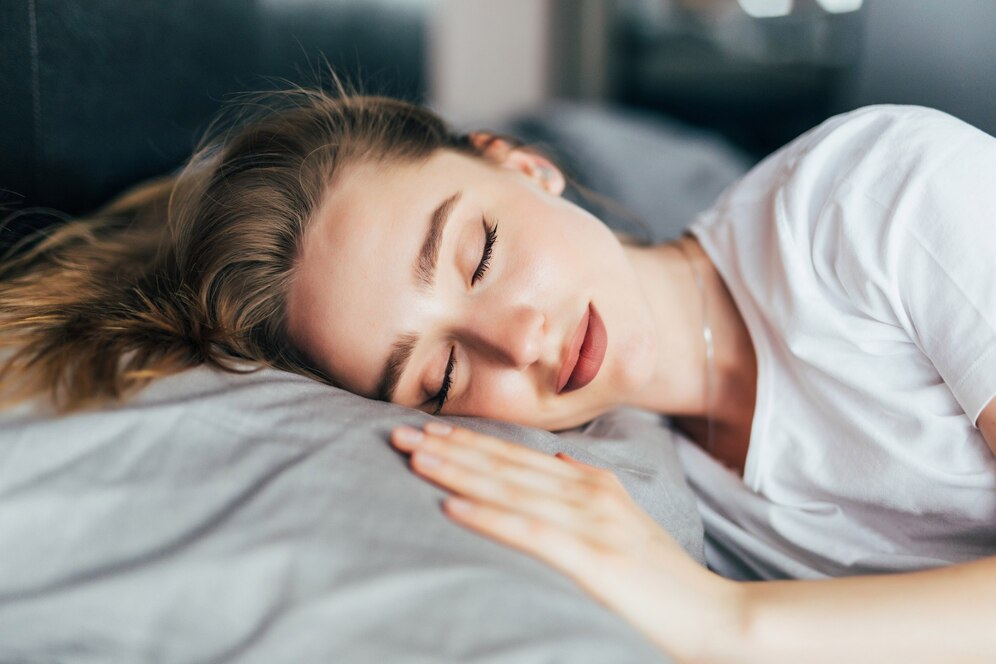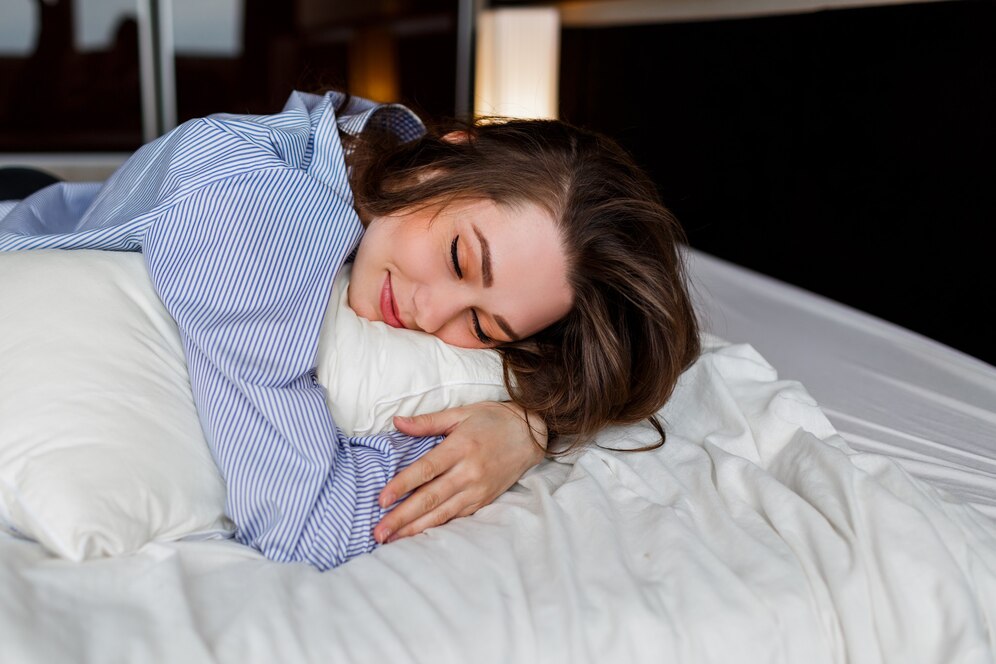CBD for sleep disorders and insomnia.
Counting Sheep No More? Exploring the Potential of CBD for Sleep Disorders and Insomnia
In today’s fast-paced world, a good night’s sleep can feel like a luxury. Millions struggle with sleep disorders and insomnia, leading to fatigue, irritability, and a host of other health issues. While conventional treatments exist, many are seeking natural alternatives, and CBD for sleep has emerged as a promising option. This comprehensive blog post will delve into the potential of CBD for sleep, exploring how it might help with various sleep disturbances and insomnia, and providing you with the information you need to make informed decisions.
The Silent Epidemic: Understanding Sleep Disorders and Insomnia
Sleep is fundamental to our physical and mental well-being. When sleep is elusive, it can have a ripple effect on our entire lives. Let’s break down some common sleep issues:
- Insomnia: Characterized by difficulty falling asleep, staying asleep, or experiencing non-restorative sleep. Insomnia can be acute (short-term) or chronic (long-term).1
- Sleep Apnea: A potentially serious disorder where breathing repeatedly stops and starts during sleep.
- Restless Legs Syndrome (RLS): A neurological disorder characterized by an irresistible urge to move the legs, often accompanied by uncomfortable2 sensations.
- REM Sleep Behavior Disorder (RBD): A condition in which you physically act out vivid, often unpleasant dreams during REM sleep.
These disorders can significantly impact daytime functioning, mood, concentration, and overall health. This is where the potential of CBD for sleep comes into play.
How CBD May Help You Drift Off: Unpacking the Science

Cannabidiol (CBD) is a naturally occurring compound found in the cannabis plant. Unlike its cousin THC (tetrahydrocannabinol), CBD is non-psychoactive, meaning3 it won’t make you feel “high.” Instead,4 research suggests that CBD for sleep may offer therapeutic benefits by interacting with the body’s endocannabinoid system (ECS).
The ECS is a complex network of receptors, enzymes, and endocannabinoids5 that plays a crucial role in regulating various bodily functions, including6 sleep, mood, pain perception, stress response, and inflammation. While the exact mechanisms are still being investigated, here’s how CBD for sleep might work:
- Reducing Anxiety and Stress: Anxiety and stress are major contributors to sleep problems. Studies have shown that CBD for sleep may have anxiolytic (anxiety-reducing) effects by interacting with serotonin receptors in the brain, which play a vital role in mood regulation. By calming the mind, CBD may make it easier to fall asleep.
- Alleviating Pain and Discomfort: Chronic pain can significantly disrupt sleep. As explored in our previous blog post on CBD for pain, CBD has shown promise in reducing pain and inflammation. By addressing underlying pain, CBD for sleep may indirectly improve sleep quality.
- Interacting with Sleep-Wake Cycles: Research suggests that CBD for sleep might influence the sleep-wake cycle, although the effects can vary depending on the dosage and individual. Some studies indicate that lower doses of CBD may be stimulating, while higher doses may promote sedation. More research is needed to fully understand these complex interactions.
The Potential of CBD for Insomnia: Finding Restful Nights
Insomnia is perhaps the most common sleep complaint, and many individuals are turning to CBD for sleep as a potential solution. While more large-scale human trials are needed, preliminary research and anecdotal evidence suggest that CBD for sleep may help with various aspects of insomnia:
- Falling Asleep Faster: By reducing anxiety and promoting relaxation, CBD for sleep may help shorten the time it takes to fall asleep.
- Staying Asleep Longer: Some users report experiencing fewer nighttime awakenings when using CBD for sleep, potentially leading to more consolidated and restful sleep.
- Improving Overall Sleep Quality: Many individuals using CBD for sleep report feeling more rested and refreshed upon waking, suggesting an improvement in overall sleep quality.
Exploring CBD for Other Sleep Disorders: A Glimmer of Hope
While research on CBD for sleep primarily focuses on insomnia, there’s also emerging interest in its potential role in managing other sleep disorders:
- Sleep Apnea: Some preliminary studies suggest that CBD for sleep might help improve breathing stability during sleep, but more research is needed to determine its effectiveness for sleep apnea. It’s crucial to note that sleep apnea is a serious condition that often requires medical intervention.
- Restless Legs Syndrome (RLS): Some individuals with RLS have reported experiencing relief from their symptoms with CBD for sleep, possibly due to its potential to reduce nerve pain and muscle spasms. However, more targeted research is necessary.
- REM Sleep Behavior Disorder (RBD): While research is limited, some anecdotal reports suggest that CBD for sleep might help reduce the frequency and severity of dream enactment behaviors in individuals with RBD.
Choosing Your Sleep Aid: Types of CBD Products
If you’re considering using CBD for sleep, you’ll find a variety of product options available:
- CBD Oils and Tinctures: These are typically placed under the tongue for faster absorption and allow for precise dosage control.
- CBD Capsules and Edibles: These offer a convenient and discreet way to consume CBD, but the effects may take longer to onset as they need to be digested.
- CBD Gummies: A popular and palatable option, similar to edibles in terms of onset time.
- CBD Vapes: While offering rapid absorption, vaping may carry potential respiratory risks, so it’s important to be aware of these considerations.
The best type of CBD for sleep for you will depend on your individual preferences and needs. Factors like how quickly you want to feel the effects and how long you want them to last can influence your choice.
Finding Your Sweet Spot: Dosage and Timing for CBD for Sleep
Determining the right dosage of CBD for sleep is highly individual and can depend on factors like your body weight, the severity of your sleep issues, and the concentration of the CBD product. It’s generally recommended to:
- Start with a Low Dose: Begin with a low dose (e.g., 5-10mg) and gradually increase it every few days until you find the dosage that provides the desired effects.
- Experiment with Timing: Some people find that taking CBD for sleep an hour or two before bedtime works best, while others prefer taking it right before getting into bed.
- Listen to Your Body: Pay attention to how your body responds to different dosages and timings. Keep a sleep journal to track your progress.
- Consult a Healthcare Professional: If you have underlying health conditions or are taking other medications, it’s crucial to talk to your doctor before using CBD for sleep. They can provide personalized guidance and help you avoid potential interactions.
Safety and Side Effects: What to Be Aware Of
Generally, CBD for sleep is considered safe and well-tolerated. However, some potential side effects may occur, including:
- Fatigue
- Diarrhea
- Changes in appetite
- Drowsiness
It’s also important to be aware that CBD can interact with certain medications, so it’s essential to discuss its use with your doctor, especially if you’re taking7 prescription drugs.
Choosing Quality CBD for Sleep: What to Look For
The CBD market is not yet fully regulated, so it’s crucial to choose high-quality products from reputable manufacturers. Look for:
- Third-Party Lab Testing: This ensures that the product contains the amount of CBD advertised and is free from contaminants like heavy metals and pesticides.8
- Certificate of Analysis (COA): Reputable companies will make their COAs readily available on their website.
- Hemp Source: Opt for products made from organically grown hemp.
- Clear Labeling: Ensure the product label clearly states the amount of CBD per serving.
Conclusion: Embracing the Potential of CBD for Restful Nights
Sleep disorders and insomnia can significantly impact our well-being. While more research is needed to fully understand the long-term effects and optimal uses of CBD for sleep, the current evidence and anecdotal reports suggest that it holds significant promise as a natural aid for improving sleep quality. By understanding how CBD interacts with the body and considering the important factors discussed in this post, you can make informed decisions about whether CBD for sleep might be a valuable tool in your quest for restful nights. Always remember to consult with your healthcare provider before starting any new treatment, including CBD, especially if you have underlying health conditions or are taking other medications.
Frequently Asked Questions (FAQs):

Will CBD for sleep make me feel groggy in the morning?
Some users report feeling refreshed after using CBD for sleep, while others may experience mild drowsiness, especially at higher doses. It’s important to start with a low dose and adjust as needed to minimize any potential daytime grogginess.
Is CBD for sleep addictive?
Research suggests that CBD is non-addictive and does not carry the same risk of dependence as some traditional sleep medications.
Can I take CBD for sleep every night?
While many people use CBD for sleep regularly, it’s always best to consult with your doctor for personalized advice, especially for long-term use. They can help monitor your progress and ensure it’s the right approach for you.
What’s the difference between full-spectrum, broad-spectrum, and CBD isolate for sleep?
Full-spectrum CBD contains all the naturally occurring compounds in the hemp plant, including trace amounts of THC (below9 the legal limit of 0.3%). This “entourage effect” is believed to enhance the benefits of CBD.
Broad-spectrum CBD contains most of the beneficial compounds from the hemp plant but has had all THC removed.
CBD isolate is the purest form of CBD, containing no other cannabinoids or plant compounds. The best type for sleep can vary depending on individual preferences and sensitivities. Some find the entourage effect beneficial, while others prefer to avoid THC altogether.







